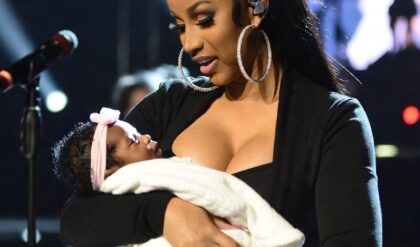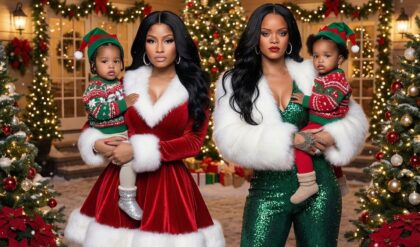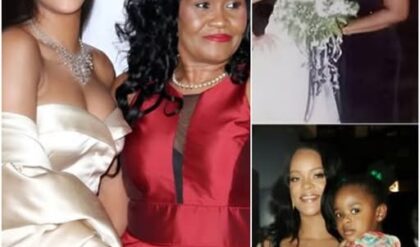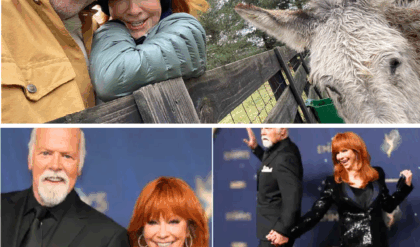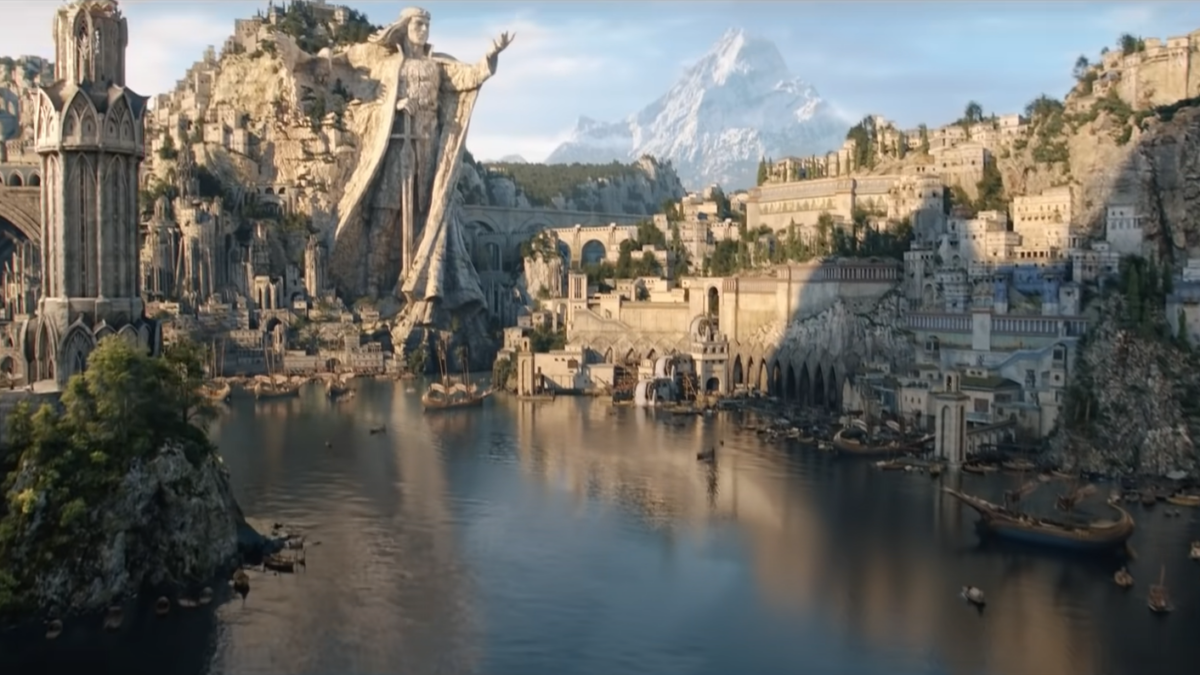
Grafting twenty-first century notions of racial diversity onto J.R.R. Tolkien’s prehistoric mythology is as nonsensical as it is unnecessary.
If you thought the epic works of J.R.R. Tolkien could survive adaptation into a billion-dollar TV series by Amazon without being saddled with the dreary ideology of corporate wokeness, or without being marred by executives and show-runners who think they can improve on Tolkien’s vast mythopoeia, you were wrong.
So was the Tolkien estate, which in 2017 sold the rights to the appendices in “The Lord of the Rings” to Amazon for a reported $250 million. Those appendices outline the Second Age of Middle Earth, thousands of years before the events in the acclaimed “Lord of the Rings” trilogy, and are supposed to be the source material for this new show, which Amazon is calling, “The Rings of Power.”
But from what little we know about the series, which premieres this fall, it appears Amazon is planning to stray far from its source material. The show’s first teaser trailer aired Sunday during the Super Bowl just days after Vanity Fair ran an exclusive first look featuring promo photos of some of the main characters.
The trailer, photos, and article all suggest “The Rings of Power” will deviate drastically from Tolkien’s appendices, not only by introducing a racially diverse cast of characters that makes no sense in Tolkien’s mythology, but also by compressing thousands of years of Middle Earth history into a few truncated storylines, creating completely new characters, and introducing hobbits (nonsensically calling them harfoots, one of three breeds of hobbits) eons before any hobbits migrated over the Misty Mountains into Arnor.
It’s easy to dismiss these complaints as so much nit-picking from Tolkien nerds, and to some extent maybe it is. But this will be the most expensive TV series ever produced, adapted from the most celebrated work of fantasy literature ever published, a work beloved by millions of people all over the world that has no equal in the English language. What happens with this series isn’t some trifling thing, it’s a major cultural event that deserves serious consideration, whatever one thinks of Tolkien’s novels or Peter Jackson’s film adaptations of them.
So when Amazon’s Lindsey Weber, executive producer of the series, tells Vanity Fair, “It felt only natural to us that an adaptation of Tolkien’s work would reflect what the world actually looks like,” in reference to casting a black elf and a black dwarven princess (without a beard!) and a black hobbit, because “Tolkien is for everyone,” it should set off alarm bells.
Why doesn’t a racially diverse cast of characters make sense in Tolkien’s mythology? Because this isn’t “Games of Thrones” or the “The Wheel of Time” or some other throwaway fantasy series that can easily be adjusted to reflect our myopic modern obsessions about race and representation. This is “Lord of the Rings,” a prehistoric fantasy epic whose purpose, as Tolkien himself explained in some detail, was to provide a legendarium for Britain, which Tolkien felt “had no stories of its own,” at least not like the legends of other lands: “There was Greek, and Celtic, and Romance, Germanic, Scandinavian, and Finnish (which greatly affected me); but nothing English, save impoverished chap-book stuff.”
To do this, Tolkien worked for decades to create a fully realized lore of Middle Earth — languages, genealogies, histories, poetry, maps, detailed geographies. But it was the lore of a particular place: “the clime and soil of the North West, meaning Britain and the hither parts of Europe: not Italy or the Aegean, still less the East.”
Hence it should go without saying (although it clearly doesn’t) that most of the characters in Tolkien’s legendarium are white. They are, of course, all of various races, but here the races are divided between elves, men, dwarves, hobbits, and so on. It makes as much sense to cast black elves and dwarves for a TV adaptation of Tolkien’s work as it would to cast Native Americans for an adaptation of Homer’s “Odyssey” or Asians for Virgil’s “Aeneid.” You could do that, but you’d end up with a tale so far removed from its origins that it has become something else entirely.
And that appears to be what Amazon is doing here — not just because it decided to graft 21st-century notions of racial diversity onto Tolkien’s prehistoric mythology, but because it has also decided to collapse thousands of years of that mythology for the sake of convenience. As showrunner J.D. Payne told Vanity Fair, “If you are true to the exact letter of the law, you are going to be telling a story in which your human characters are dying off every season because you’re jumping 200 years in time, and then you’re not meeting really big, important canon characters until season four. Look, there might be some fans who want us to do a documentary of Middle-earth, but we’re going to tell one story that unites all these things.”
Well, sorry pal, but you can’t sucessfully tell “one story that unites all these things” unless you have some human characters die off every season while your elves live on. Why? Because, like most of the characters being white, that’s how Tolkien wrote it. No one ever said it would be easy to adapt Tolkien’s tales of the Second Age into an easily consumable streaming series, or that it would be amenable to woke notions of racial equity, but that’s what Amazon signed up for.
The truncated timeline is in some ways worse than the racial diversity stuff. Instead of narrowing the scope of the series and focusing on only a handful of characters, Payne and his fellow showrunner Patrick McKay are apparently going to attempt what Tolkien did not, and knit the appendices into a single, straightforward tale. Are they up for it? Do they know Tolkien’s work well enough to pull it off? The Vanity Fair piece goes out of its way to assure readers that Payne and McKay are, like Amazon founder Jeff Bezos, huge Tolkien fans, and “agonizingly aware of the pressure.”
Yet the article tells us about “a canny young elven architect and politician named Elrond (Robert Aramayo)” who will “rise to prominence in the mystical capital of Lindon.” Clearly, the writers of the Vanity Fair piece, Anthony Breznican and Joanna Robinson, are getting this description from Amazon, or the show’s Tolkien scholars, or maybe even from Payne and McKay. If so, that’s another alarm bell. Elrond is the son of Eärendil and Elwing, the grandson of Dior, Thingol’s heir, and the great-grandson of Beren and Lúthien. He didn’t “rise to prominence” through his canny political machinations, he was born prominent. He’s Elrond. Are you kidding me?
And why would Payne say viewers wouldn’t be introduced to major characters until season four if they told the story the way Tolkien intended? What about all the elves that remained after the First Age, whose deeds figure prominently in the events of the Second Age? You know, Galadriel, or Celebrimbor, or Gil-Galad, or Círdan the Shipwright.
Or how about telling us the stories of Amroth and Nimrodel, or the rise of Thranduil (the father of Legolas) as the king of the Silvan Elves, or Elrond founding Rivendell, or the story of the Ents’ search for the Entwives? You know, all the stories that are only ever hinted at in Tolkien’s LOTR trilogy, but which would be awesome to see fleshed out in more detail on screen if they were told by someone who actually knew and loved that history.
And why can’t Elros, Elrond’s brother, be a main character? Do Payne and McKay think the creation of Númenor isn’t enough fodder for an entire season of its own? Also, Elros lived to be 500 years old, so Payne’s comment about human characters dying off because you jump 200 years ahead is bunk even if it were to only apply to the race of men.
If none of these names or events mean anything to you, that’s fine. But Payne and McKay and Amazon’s PR shop for “The Rings of Power” should know all about them, and they should know better than to let a Vanity Fair puff piece make it seem like the people creating this show have no idea what they’re talking about.
Indeed, with every new image and article and teaser we get about this series, the less it seems like a faithful adaptation of Tolkien’s work than a generic comic-book fantasy epic with a “Lord of the Rings” veneer slapped over it. Amazon executives clearly had their own story in mind and just pulled names from Tolkien’s legendarium like they were pulling names out of a magical profit-making hat. Ooh, people know the name Galadriel — let’s have a plucky warrior lady character and name her that! Isildur — who’s that again? Oh yeah, let’s make him a sailor, and everyone will be interested because they vaguely remember something from the prologue of the Peter Jackson films about Isildur cutting the One Ring from Sauron’s hand!
Maybe that’s what Amazon wants — and thanks to Bezos’ deep pockets the company can afford to pay a billion dollars to get it. But that’s not what the source material deserves, and every Tolkien fan in the world knows it. What a waste.

